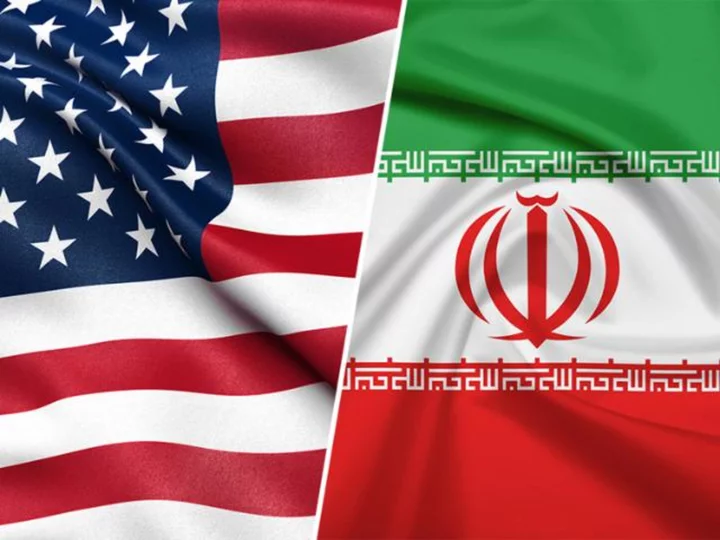Asian stocks and emerging-markets currencies should be resilient while short-end bond yields are likely to move higher.
Those are some of the key takeaways from strategists on how Asian assets will respond to the Federal Reserve’s “hawkish” pause in monetary tightening.
With the decision to hold rates in a range of 5% to 5.25% widely anticipated, investor focus has turned to Fed’s so-called “dot plot” forecasts and Chair Jerome Powell’s comments. The dots indicate cuts in 2024 while Powell played this down, suggesting that lower rates may be “a couple of years out.”
Read more: Powell Says Nearly All Officials Expect ‘Some’ Further Fed Hikes
Here’s what investors and strategists focused on Asia had to say after the Fed:
Brendan McKenna, emerging markets economist and currency strategist at Wells Fargo in New York:
“I would expect Asia FX to be flat-to-modestly stronger today. The skip was expected, but I think markets are left a little confused on the dot plot and Powell’s commentary. We may need some clarification in the near future, and until we get that, Asia may trade a bit sideways for the time being.”
“On the FX side, we still like the high beta countries, so Indonesia and Korea. On the rates side, the central banks approaching rate cuts or already cutting are an opportunity so China, Thailand and India.”
Chamath De Silva, a senior portfolio manager at BetaShares Holdings in Sydney:
“I think short end Asian yields will probably move higher, while equities will take their cues from US equity resilience and probably be little changed - both ASX SPI and Nikkei futures didn’t do a whole lot from their respective cash closes yesterday.”
Jayati Bharadwaj, currency and emerging market macro strategist in New York:
“As the Fed has pointed out — it is data dependent, so focus should quickly turn back to data. We have China data and US retail sales coming up which will likely become the focal points.”
Hebe Chen, analyst at IG Markets Ltd. in Melbourne:
“It appears that until a promising cooling occurs in the labor market, the Fed is unlikely to declare an end to it.”
“Asian currencies are likely to face pressure, while investor risk appetite would be constrained as investors need to reassess their strategies using a new playbook.”
John Vail, chief global strategist, Nikko Asset Management in Tokyo:
“The Fed remains data and event dependent, so investors in Japan will need to be so as well. Fortunately, Japanese equities have the continuation of structural improvement in corporate governance as a tailwind no matter what else happens.”
“Because the markets don’t greatly believe further Fed hikes will happen, there should not be too much additional pressure on the BOJ to act, especially if the yen continues to stabilize around the present level.”
Takashi Ito, senior strategist at Nomura Securities in Tokyo:
“There is still room for Japanese stocks to move higher, and we expect the outlook to remain strong through the second half of the year. Upcoming FOMC meetings still remain a risk. If the FOMC stops raising interest rates or cuts rates at some point, the slowdown in the real economy will be apparent and have an impact on Japanese stocks. However, since there is no domestic factor that would cause stocks to hit the ceiling, the downward risk is limited.”
Pauline Chrystal, a fund manager at Kapstream Capital in Sydney:
“For US and Aussie dollar credit, we are still defensively positioned as we expect recessionary risks to increase.”
“Base-case scenario especially if the recession scenario plays out” is for wider credit spreads by year-end.
David Chao, global market strategist for Asia Pacific at Invesco Asset Management:
“Remaining defensively positioned tactically in the US seems appropriate until there is more clarity from the Fed, I remain overweight in Japanese equities as the BOJ remains committed to its existing loose monetary policy, the PBOC is cutting rates and the Fed has hit a pause. This is the Goldilocks scenario for Japanese equities.”
--With assistance from Toshiro Hasegawa.
(Adds comments from Nikko, Nomura, Kapstream and Invesco)
Author: Matthew Burgess, Georgina McKay and Winnie Hsu









